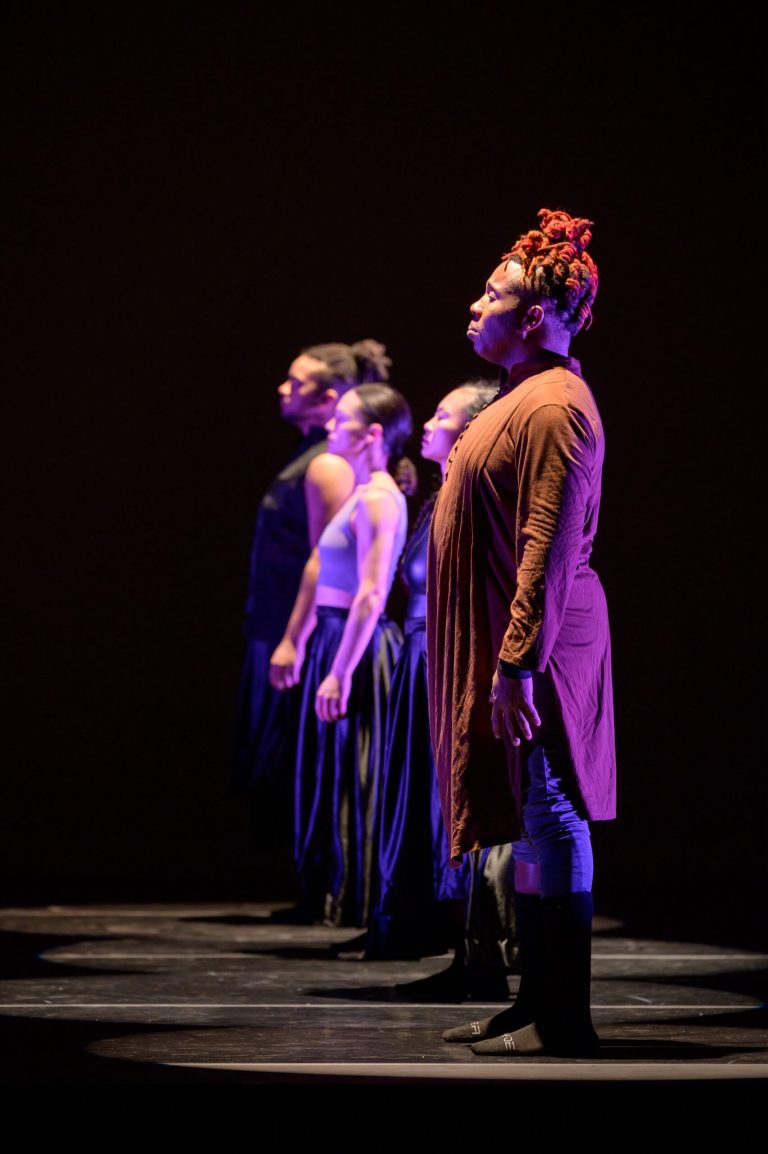Maciek J. Pradziad ’23
Staff Writer
Todd Phillips’ Joker is a film that will challenge an audience’s view on complex characters in the same vein as Martin Scorsese’s Taxi Driver and The King of Comedy. However, Joker does not reach the technical and cinematic heights of the aforementioned masterpieces . Although the film’s exploration in mental health awareness within urban areas is perfectly portrayed by Joaquin Phoenix’s performance and beautifully captured by Lawrence Sher’s cinematography, the shallow writing ultimately brings the film down.
The plot of Joker revolves around Arthur Fleck, a comedian who consistently fails to bring happiness into the dark and decrepit metropolis of Gotham City because of the never ending bullying he endures due to his mental health issues. The constant isolation Fleck suffers from a cold, uncaring society inevitably leads him down a harrowing path of madness that makes him revolt against his surroundings by becoming the embodiment of chaos: the Joker.
The visual storytelling of Joker at times was extremely impressive, especially when it came to the combination of directing and cinematography. The various symmetrical wide shots Phillips and Sher were able to capture truly pronounced not only the filthiness of Gotham City, but also the loneliness and isolation Fleck felt when surrounded by millions of people who pass him by. Even the unhinging of Fleck’s mind was shown subtly by making the camera slightly off center at times, making for a compelling image and letting the audience know visually that the problems on screen are worsening.
As beautiful as these shots were, they would not be as effective if they were not complemented by Phoenix’s disturbing performance as the title character. The way Phoenix was able to portray a man whose social abilities are inhibited by a pathological laughing condition and other mental disorders truly emphasizes the way in which our society tends to ignore and stigmatize these issues. Phoenix clearly demonstrated the depths of madness that a mind can reach when constantly isolated with a compelling performance that truly showed the actor’s emotional range and dedication to the art of acting.
Although there were some standout aspects of the film, the weakest cog in the entire machine was the writing. Despite the fact that the plot made coherent sense, I felt that the romantic subplot including Sophie Dumond (Zazie Beetz) was unnecessary and did not add to the plot. The acting talents of Beetz were unfortunately wasted as she had less than 10 minutes on screen, leading up to a reveal that felt underwhelming as it was underdeveloped. Aside from that plot quirk, the writing of the film felt so bloated in the ideas and issues it was trying to present that it felt like it was saying nothing. Granted, the strongest statement the film made was about the stigma of mental health within our society; however, issues of celebrity worship, income inequality, and gun violence felt like they were included strictly as talking points, not necessarily issues that Todd Phillips or Scott Silver had a stance on.
Joker is a visually striking film whose grimness will leave audiences unsettled with the depiction of madness unfolding before their eyes and the consequences that come with it. Although it has a strong message about mental health awareness, the film fails to deeply analyze the other societal issues people in urban areas are facing today and ultimately takes on more than it can handle.



+ There are no comments
Add yours